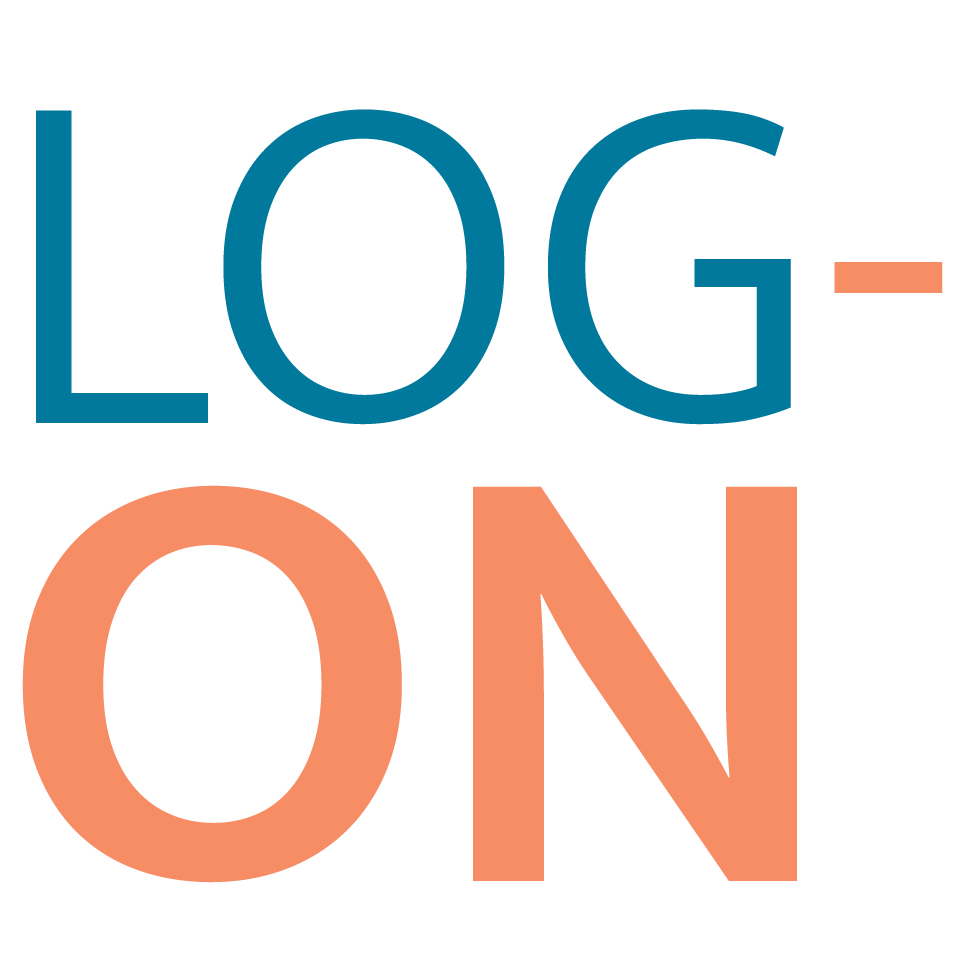

[Reporter: “Rebecca Ann Sedwick was laid to rest today, just a few weeks shy of her thirteenth birthday…”]
I’ve been trying to figure out why teens are driven to suicide after being cyber bullied on social media applications like Facebook. What is happening in the exchanges that take place on Facebook that lead a child to a state of hopelessness so deep, and dark that the only solution is suicide? And why are the adults in the lives of these children missing the signs of serious emotional distress? Does a child need to have physical scars and bruises to be noticed, and get help sooner?
[Reporter: “Facebook…”]
[Reporter: “Facebook…”]
[Reporter: “Facebook…”]
[Reporter: “Authorities say she suffered nearly a year of cyber bullying…”]
I began my search by finding news report videos about teen suicide that stemmed from cyber-bullying. I was searching for some commonalities.
[News report clip: “They wanted her to kill herself. ‘You haven’t killed yourself yet? Would you please just die?’ They got what they wanted.”]
[News report clip: “Her parents claim the teen had been receiving anonymous text and Facebook messages criticizing her looks and weight.”]
One of the common threads was the persistence of the cyber-bullying. It became inescapable for the child.
[Text Flash: Persistence. Relentlessness. No Escape.]
While watching one of the many videos on YouTube I started reading the user comments. Some were compassionate; some were not. And then I read this comment:
[Screenshot of log off]
Why not just log off? Is that even possible? Can anyone ever completely log off?
[FB gif]
The question for logging off was a curious one. In order for anyone to log off it would mean that the content, the comments, the thoughts, the feelings, the reactions, and the bullying only existed within the social digital world they occurred in. It would mean that only when the child signs into Facebook does she experience these moments, feelings, and thoughts. Once she is logged off, they cease to exist—the thoughts and feelings stop. Is that even possible?
In order to decipher whether or not one can log off, I decided to think about what it means to log on. Merriam-Webster defines log on as: to establish communication and initiate interaction with a computer or network.
[Log on definition screenshot]
Hmm…to establish communication… Well, what does communication mean? It stems from the Latin communicare meaning, to share.
[Communication definition screenshot]
I always thought of Facebook status updates as small moments of self-expression. Here’s a video link to my favorite song. Here’s an image of a delicious meal I just ate. Here’s a photo of me—I feel good about the way I look in it, so I am sharing it for everyone to see. But, is everything so surface level? Is the status update just a digital soapbox to proclaim vanity, a digital society ruled by the art of the selfie?
[Selfie Image]
Michel Foucault studied the history of sexuality and the self. One of his interesting discoveries was the act of self-writing. He found instances of writing letters, journals, and confession throughout centuries of human written communication spanning from the ancient Greeks to Christianity. Foucault discovered the commonality between the various types of writing and communication by humans, which constituted the shaping of understanding the self.
[Foucault Quote: “Selfhood is thus a contingent process that is intricately intertwined in the complex networks with other actants and entities. Through processes of self-formation, such as self-writing, people establish acceptable ways of acting and demarcate what is to be known.”]
When applied to the modern function of status updates, self-writing is a complex process where the individual is announcing her belief systems, her values, questioning her choices, and weighing them against the values of other users she is friends with. The Facebook status update is more than just a broadcast of a selfie—it is identity formation, community participation, and the shaping of culture.
[Sauter Quote: “Self-writers do not simply present or perform a self that already exists within them. They form relations to self and others by exposing themselves to others and obtaining their feedback.”]
If individuals are processing and shaping their identity through status updates, likes, and comments, can the effects, the emotions, and the thoughts be strictly tied to the activities within the Facebook app? If she logs off of Facebook, does this process stop? And if she logs off of Facebook, does the interaction with her community stop?
[Reporter: “Rebecca Ann Sedwick kept a journal. In it she wrote, ‘How many lives have to be lost until people realize words do matter?’”]
Think about what is happening within digital worlds between a child and members of her community. These are real interactions. Some are kind, and some are tormenting. We try to make our physical worlds safe for children. We aim to provide layers of supervision that create safe environments for them. But who is making the digital world they participate in a safe environment? Who is monitoring the interactions and stepping in when something inappropriate or abusive is occurring? The effects of the abuse permeate out into the physical world and exist free of the digital communication devices. It’s not possible to log off, so we all need to log on.
[Show website link: https://www.stopbullying.gov/]